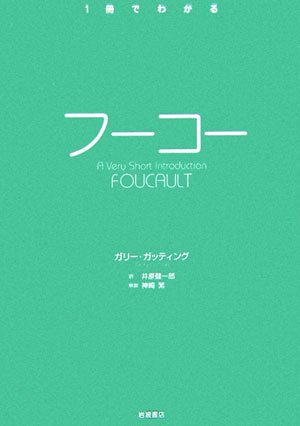1 0 0 0 OA デカルトにおける二つの無差別について 一六四五年二月九日付メラン宛書簡の検討
- 著者
- 井原 健一郎
- 出版者
- 日本倫理学会
- 雑誌
- 倫理学年報 (ISSN:24344699)
- 巻号頁・発行日
- vol.70, pp.89-103, 2021 (Released:2021-06-14)
Descartes’s letter of February 9, 1645, presumably addressed to Mesland (“Mesland Letter”),is considered vital because it seems to provide an explanation of freedom that differs from that found in the Meditations. On this basis, some scholars insist that Descartes changed his view of freedom after the Meditations. Did Descartes change his view? Admittedly, it seems that another kind of indifference was introduced in this letter. In the Meditations, indifference was described as the state in which the will is placed when no evident reason inclines it to do anything. Conversely, in the Mesland letter, Descartes introduced another indifference that can be defined as the positive faculty of the will to determine itself. This new version of indifference seems to be the basis of a new concept of freedom. In the Meditations, it is said that when evident reasons entirely incline us to do something, we cannot but do it; for example, we cannot but give assent to something when we perceive it clearly and distinctly. The novel formulation of indifference in the Mesland letter, however, implies that in a given situation we can do nothing or do the opposite; for example, even when we perceive something clearly and distinctly, we can withhold assent to it or suppose it to be false. Did Descartes thus change his view of freedom? It seems questionable. First, indifference appears in the Meditations too as a positive faculty of the will, although it may not be called “indifference.” Moreover, this work also admits that we have the ability to withhold assent to what we perceive clearly and distinctly or to suppose it to be false. Surely, according to the Meditations, it is possible to do so not at the exact moment when evident reasons incline us, but only after we distract ourselves from them. A strict consideration shows, however, that the same thing is said in the Mesland letter. From the above, it cannot be demonstrated from the Mesland letter alone that Descartes changed his view of freedom.
1 0 0 0 フーコー
- 著者
- ガリー・ガッティング [著] 井原健一郎訳
- 出版者
- 岩波書店
- 巻号頁・発行日
- 2007
1 0 0 0 OA つねに欺かれることはいかにして可能か デカルトにおける永遠真理の創造と形而上学的懐疑
- 著者
- 井原 健一郎
- 出版者
- 日本哲学会
- 雑誌
- 哲学 (ISSN:03873358)
- 巻号頁・発行日
- vol.2004, no.55, pp.142-154,26, 2004-04-01 (Released:2009-12-09)
- 参考文献数
- 15
Cet essai examine un problème bien connu concernant la relation entre deux thèses (ou hypothèses) cartésiennes qui dérivent de la toute-puissance de Dieu:la thèse sur la libre création des vérités éternelles par Dieu, et l'hypothése du Dieu trompeur comme raison de douter des vérités mathématiques. Pour aborder ce problème, nous nous demandons : (1) comment il est possible d'être toujours trompé dans les vérités mathématiques qui nous semblent extrêmement claires et distinctes; (2) si Dieu, créateur des vérités éternelles, peut nous tromper en exercant sa propre faculté de créer ou instituer librement des vérités éternelles ; (3) si est possible que Dieu nést pas en mesure de nous tromper à moins qu'il ne puisse pas créer ou instituter des vérités éternelles.Les considérations sur ces trios questions nous conduiront à une conclusion inattendue : on ne peut pas savoir si le Dieu trompeur est le créateur des vérités éternelles. Parce qu'existent deux facons de nous tromper (nous les appelons respectivement la «tromperie ontologique»et la «tromperie épistémologique») et que, de plus, it est presque impossible de dire, laquelle de ces deux tromperies, Dieu emploie pour nous tromper.
1 0 0 0 理に適った懐疑と常軌を逸した懐疑--方法的懐疑の二つの顔
- 著者
- 井原 健一郎
- 出版者
- 日本倫理学会
- 雑誌
- 倫理学年報 (ISSN:04830830)
- 巻号頁・発行日
- vol.50, pp.19-34, 2001
